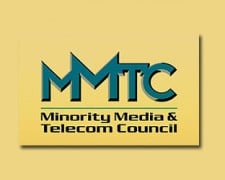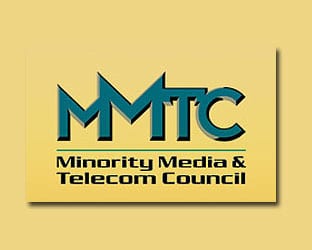
Hancock Communications would like to put an FM translator to use rebroadcasting its WTCJ-AM Tell City IN, but there are none close enough to be so used. However, if the FCC would waive its distance rules, one could come to the rescue – and MMTC has written the FCC in favor of the rule and of making such moves a matter of policy.
Tell City is located along the Ohio River to the east of Evansville IN.
The translator is W218CR, a 91.5 MHz facility owned by Way Media serving an unrated portion of western Kentucky some distance south of Evansville IN.
The plan is to move it to Tell City on 103.7 MHz where it can be put to use rebroadcasting WTCJ-AM. The problem is the move is too great to be accommodated by existing FCC rules. The two licensees are asking for a waiver and MMTC has written in their support.
MMTC’s David Honig wrote, “MMTC has long championed the importance of AM radio, not only in minority communities, but in the role it has played for the communications industry as a whole. AM revitalization can benefit the communities the stations serve by enhancing access to programming upon which many have depended for decades, increasing revenue for AM stations, and serving the public interest of preserving a vibrant and diversified arena for thoughts and ideas. However, these benefits have yet to be truly achieved. For example, AM reception interference has grown exponentially, especially since the advent of the Internet, which has had a negative impact on AM programmers’ abilities to reach their audience. By making it easier for AM stations to move to existing FM translators farther away, more stations would be able to re-broadcast their AM signals and thus increase accessibility for AM listeners in their respective areas while furthering the Commission’s goals.
“Presently, around two-thirds of minority-owned radio stations are AM stations. Thus, these regulations are even more detrimental to minority broadcasters, who typically own stations with inferior technical parameters and have a difficult time reaching their intended audience because the stations are located far from the centers of the urban markets they generally serve. By making it easier for AM stations to move to existing FM translators farther away, more stations would be able to re-broadcast their AM signals and thus increase accessibility for AM listeners in their respective areas while furthering the Commission’s goals.
“Although other solutions have been suggested, none have had as much of an immediate benefit to all interested parties as allowing FM translator moves of an appreciable distance, as discussed in WTCJ’s petition. For example, saving the AM technical facility would not be a viable long term solution. Even if the Commission allowed AM stations to increase their power, that change would not only be cost prohibitive for most AM station owners, but it would still not be enough to address noise interference issues. Moreover, although MMTC has long championed moving AM to Channels 5 and 6, we recognize the difficulty of that occurring in a time frame that would be relevant to WTCJ’s present application. For AM revitalization to be successful, existing FM translators must be able to be moved.
“MMTC wholeheartedly agrees with WTCJ that there are enough FM translators, both licensed and applied-for, that removing these regulatory barriers would be a win for AM revitalization and the listening public. This act would result in increased community viewership, increase advertising revenue for the stations, and a more positive public image for AM radio. For all these reasons, MMTC supports WTCJ’s petition for waiver and recognizes that by granting said waiver, the Commission will assist in revitalizing AM radio, serving community interests, and reducing destructive and inhibitive regulatory barriers in the communications industry.”
RBR-TVBR observation: This may not be a universally-available option, but we are all for any measure that helps move diversity of ownership percentages toward a better reflection of the general population, not to mention simply making it easier for struggling AM stations period.
Therefore, we see no reason to object as long as certain things are taken into consideration. We believe that as a matter of policy, there are three areas where the FCC will have concerns.
One is loss of service. The FCC is not particularly keen on expanding broadcast to one community while depriving another of service. Another is the proximity of this case to the opening of the floodgates to a round of CP awards to both new FM translators and LPFMs. Finally, there is the matter of shoe-horning signals into crowded FM airwaves.
If this move leaves Central City KY well served, does not foreclose an existing translator CP application or the creation of an LPFM in Tell City, and does not cause interference with any other existing station, we see no reason not to allow the proponents to go ahead with their plan – nor would we stand in the way of any other similar proposal to help a signal-challenged AM station.





